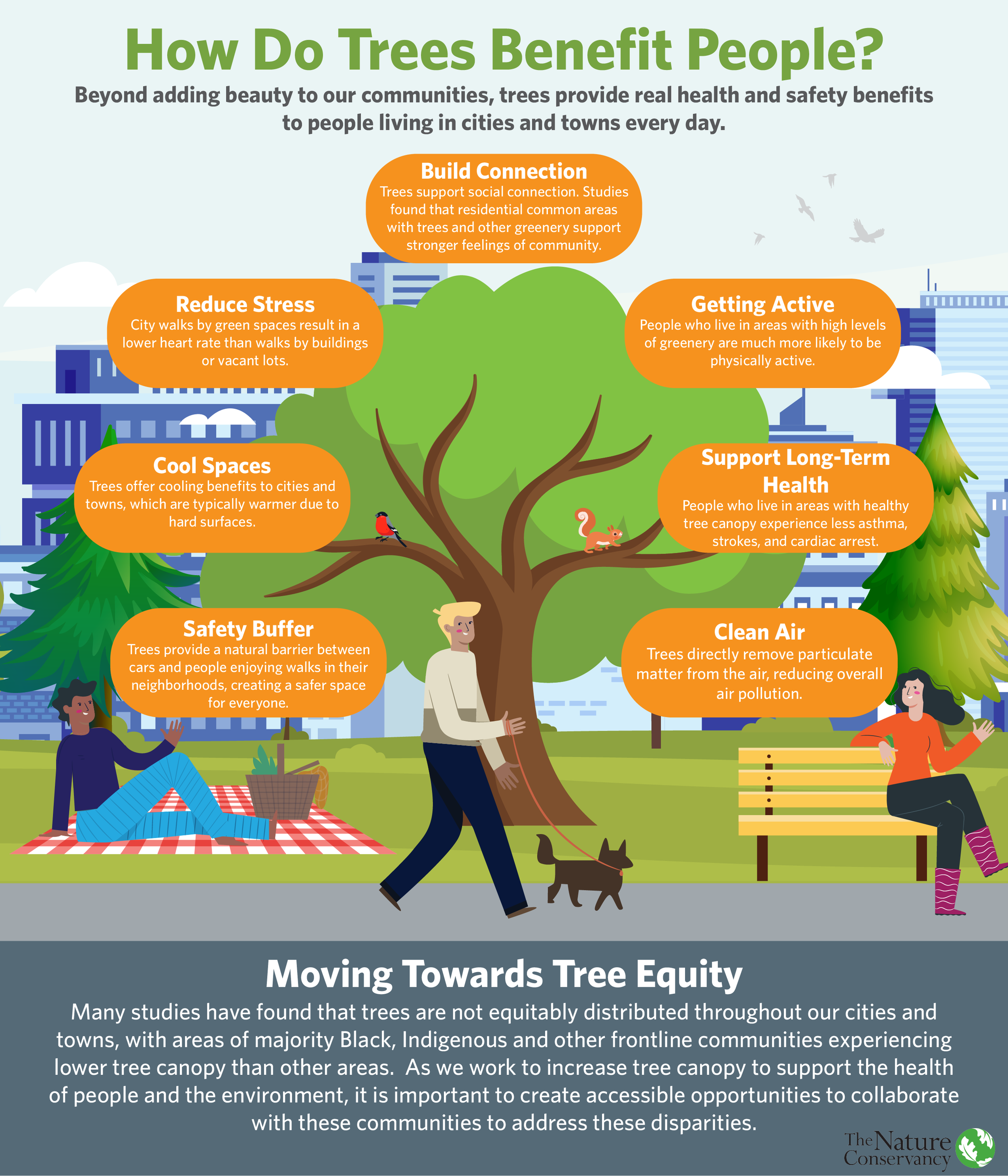By Bunthay Cheam
“I’d rather stay at home with my friends,” said Annie Timsina, 11, when asked if she likes to garden. Her younger sister Alison and her mother, Dambar Timsina, laughed at her response.
Her mother interjects, “We get fresh vegetables, I like the exercise.” She also gets more land to plant food, as their family lives in an apartment in Kent.
Annie, a Daniel Elementary School student, and her family are spending a Friday evening at a potluck with fellow gardeners, part of a community meeting to catch up on changes and current events at the Hillside Paradise Parking Plots garden.
It’s Annie’s turn again. “There’s a mouse that keeps on eating all the vegetables.”
Depaving a big parking lot was the first step in creating the Hillside Paradise Parking Plots. © Hannah Letinich
Established in 2017, the Hillside Paradise Parking Plots took an underutilized parking lot at the Hillside Church in Kent and helped refugees and immigrants find a piece of home through the food they could grow.
“I grew up going to the farm, with my parents, we always had a garden. My mom loves gardening. So one of the reasons why I wanted to have a plot was because it was kind of like a connection for me, which reminds me of how I grew up and what I did growing up. It was always kind of the way we bonded,” said Bertrand Tabi, who came to the United States as an asylee from Cameroon.
Helmed by Tahmina Martelly, Resiliency Program Manager at World Relief Seattle, the vision for the garden was to help a community dealing with healthy food accessibility. The garden sits in a food desert, a term defined by the U.S. Department of Agriculture as a place “where at least 20 percent of people earn below the poverty line and 33 percent live more than a mile from a supermarket.”
While growing food is at its core, Martelly’s vision of sustainability for the project has led her to nurture the garden into a space that the community at large can engage in.
“It's a destination because of its multifaceted educational sites for middle school, high school, college age students as well as the community. There are so many things to learn in one spot because there are rain gardens, bioswales, all the variety of things growing,” said Martelly.
Volunteers install plantings at Hillside Paradise Parking Plots in Kent. © Kelly Compton, volunteer photographer.
Over the last year, the garden has seen an abundance of change. In 2018, over 20,000 square feet of asphalt was removed to make room for more plots, four 4,000 gallon cisterns were installed, giving the garden over 80 percent of its irrigation supply, and beginning steps were made in the creation of a rain garden. In 2019, the parking lot transformation continued.
“That entire back of the hillside past the cistern was covered in invasive blackberries,” said Martelly, describing one of the biggest changes the garden has seen in 2019. “In fact, it had big rock walls you couldn't tell were behind there. Nobody had seen it apparently since the 1970s. So this January we had 137 volunteers just for Martin Luther King day, we hacked all that back and exposed the hillside on the big wall.
”That type of change wouldn’t be possible without the intentional relationship building Martelly has done. She shared a recent experience of students at a work party that wanted to bring their teams to volunteer – “They were so excited and ready to talk to the coaches.”
The gardens provide food and a gathering space for the community. Photo courtesy of World Relief Seattle.
New features have taken root in the garden over the last year including artwork enhancements and food digesters for gardeners to bring food to compost from home. Most gardeners who live in apartment complexes don’t have a way to compost and adding their food scraps to the garden diversifies the compost.
In the last few months, more of the parking lot was depaved and plants were installed in the rain gardens. None of this would be possible without the allure of community abundance.
“There are so many other people who interact with the space. We've had over 6,000 volunteer hours with a variety of folks and people keep coming back and bringing friends. What is amazing to me about that is that two and a half years ago that was a parking lot.” said Martelly.
When asked if she would take over her mother’s plot one day, Annie responds,
“Maybe, it depends… maybe if we had a money tree,”
It looks like the garden is already growing something worth more than that.
Coming soon to the Paradise Parking Plots is a bioswale and food forest. In addition to the hands of volunteers, this project is supported through funding from King County WaterWorks grant program and Flood Control District, the Nature Conservancy, the Boeing Company and the 30/30 project as well as many in-kind donations from Construction for Change.
Bunthay Cheam is a Khmer American refugee born in Khao I Dang, a refugee camp on the Cambodia-Thai border. He enjoys receiving, holding, and sharing stories.



























